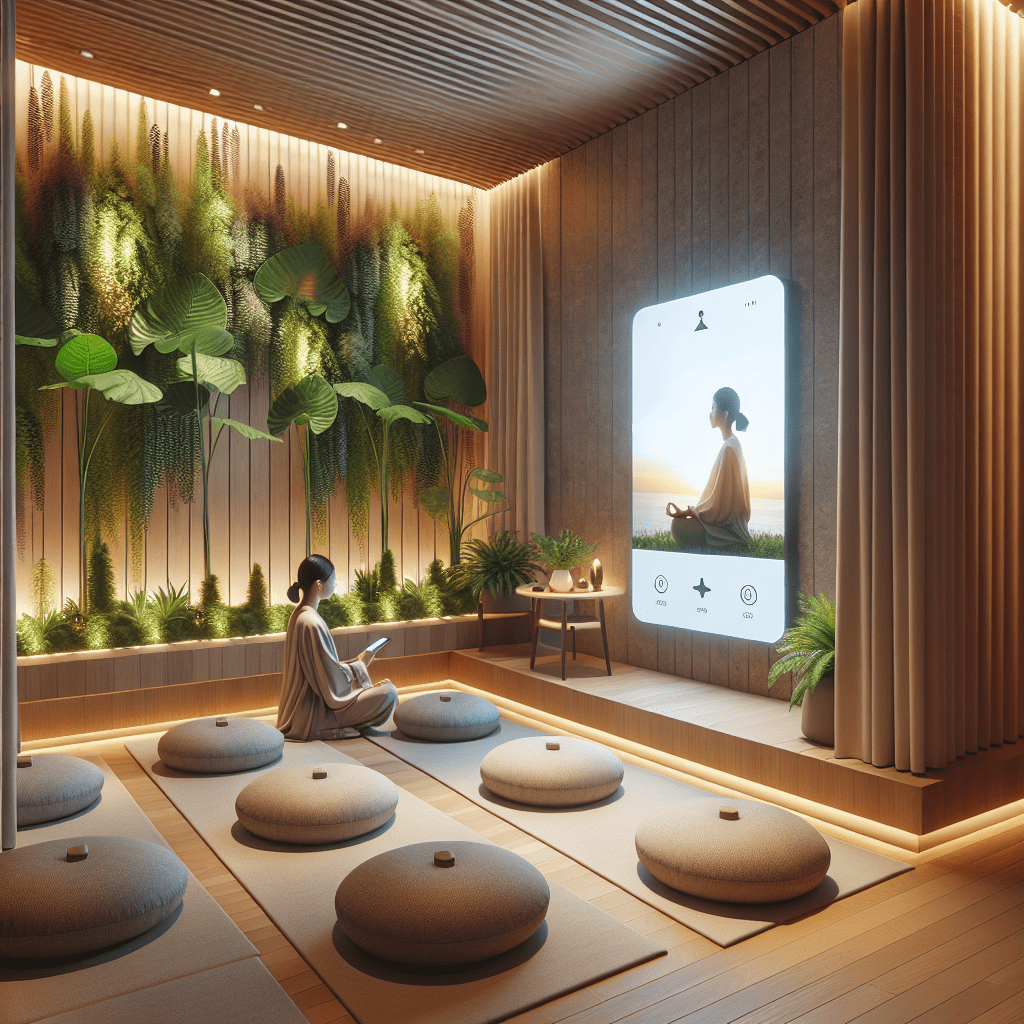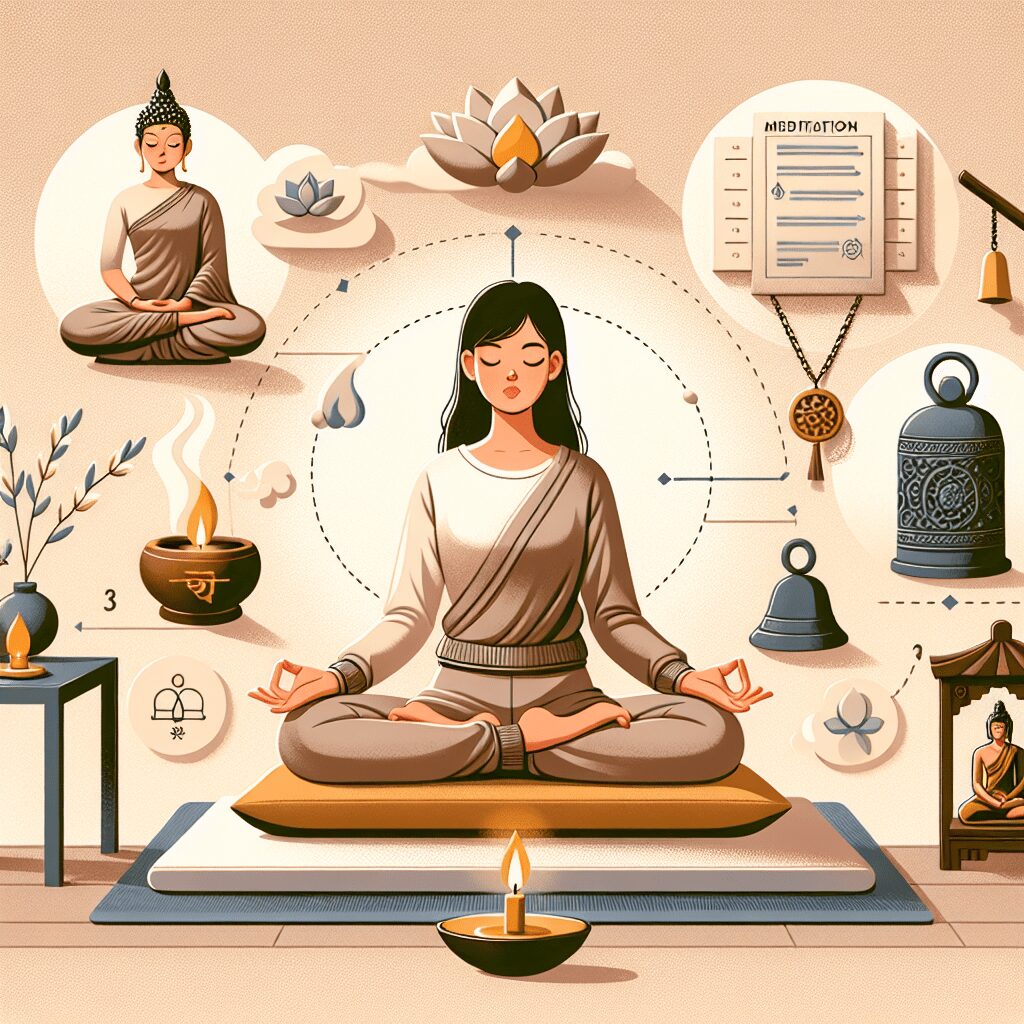
Prioritize your mental well-being daily. Enhance your life by nurturing your mental health with the Smart Meditation app. Break free from stress, alleviate anxiety, and enhance your sleep quality starting today.
What Works Better For Insomnia And Depression Other Than Antidepressants?
Unveiling Alternative Solutions for Insomnia and Depression
When the nights turn into a battleground for sleep and your days a constant fight against the blues, you know it’s high time to seek solutions beyond the conventional. Antidepressants have long been the go-to remedy for combating insomnia and depression, but let’s face it – they’re not everyone’s cup of tea due to potential side effects or personal preferences for more natural approaches. So, what’s Plan B? Or rather, what innovative and effective strategies can we turn to?
A Deep Dive into Non-Medication Approaches
For the Night Owls Struggling with Insomnia:
-
Cognitive Behavioral Therapy for Insomnia (CBT-I): This is not your average chit-chat therapy. CBT-I is a structured program that helps you identify and replace thoughts and behaviors that cause or worsen sleep problems with habits that promote sound sleep. Unlike sleeping pills, CBT-I addresses the underlying causes of insomnia.
-
Mindfulness and Meditation: Before you roll your eyes, hear us out. Engaging in mindfulness and meditation can significantly improve sleep quality. By reducing stress, calming the mind, and releasing tension in the body, these practices make drifting off to dreamland easier.
-
Essential Oils and Aromatherapy: Lavender oil isn’t just for your grandma. A few drops on your pillow or in a diffuser can work wonders, creating a serene environment conducive to sleep.
-
Maintaining a Stellar Sleep Hygiene: It might sound like a no-brainer, but a regular sleep schedule, a cool, darkened sleep environment, and ditching screens before bedtime can genuinely transform your sleep quality.
For Those Battling the Blues:
-
Exercise: Get moving! Exercise is a potent antidepressant. It releases endorphins (happy hormones), increases body temperature (which has calming effects), and improves overall health. You don’t have to run a marathon; even a brisk 30-minute walk daily can uplift your mood.
-
Nutritional Tweaks: You are what you eat – and this couldn’t be truer for people dealing with depression. Omega-3 fatty acids (hello, salmon and walnuts!), whole grains, lean protein, and a plethora of fruits and veggies can bolster your mood.
-
Light Therapy: Particularly effective for seasonal affective disorder (SAD), light therapy involves exposure to bright light from a lightbox which can mimic natural sunlight, helping to improve mood significantly.
-
Mind-body Techniques: This encompasses a broad range of activities, including yoga, Tai Chi, and Pilates. These practices not only enhance physical health but also contribute to emotional balance by reducing stress and anxiety levels.
Tackling insomnia and depression requires a holistic approach. It’s about mixing and matching what works for you personally. Whether it’s meditation, a jog in the park, or exploring the arts of Tai Chi, the key is consistency. Remember, seeking professional advice is always a wise move before trying new treatments, especially if you’re considering making significant changes to your lifestyle or health routine.
So, before you resign yourself to a fate of tossing and turning or battling incessant gloom, why not give these alternative strategies a whirl? Who knows? The solution you’ve been searching for could be just a lavender-scented sleep away or a jog around the block.




